About
Why we need MMH day
Helping mothers, helping babies!
In many countries, as many as 1 in 5 new mothers experiences some type of perinatal mood and anxiety disorder (PMADs). These illnesses frequently go unnoticed and untreated, often with tragic and long-term consequences to both mother and child.
Raising awareness
No one is immune!
Women of every culture, age, income level and race can develop perinatal mood and anxiety disorders. Symptoms can appear any time during pregnancy and the first 12 months after childbirth. There are effective and well-researched treatment options available to help women recover.
Influencing policy
Illness is not a crime!
Women are sometimes considered to be criminals instead of patients needing treatment, in the case of infanticide. Through building awareness, it aims to prevent these tragedies and stands for just and scientifically based care.
Changing attitude
No health without mental health!
Increasing awareness will drive social change with a goal toward improving the quality of care for women experiencing all types of PMADs, and reducing the stigma of maternal mental illness. We are encouraging mental health professionals, friends and relatives of new moms to ask her how she’s really feeling and encourage her to seek help.
MMH in global perspective
World Maternal Mental Health Day draws attention to essential mental health concerns for mothers and families. Life changes around pregnancy make women more vulnerable to mental illness. The negative cycle of poverty and mental illness impact on a woman’s ability to function and thrive. This may also directly affect her foetus or child, with long-lasting physical, cognitive and emotional outcomes. Mental health care provides the necessary support to empower women to identify resources and personal capabilities. This can enhance their resilience to difficult life circumstances and support them to nurture their children optimally. Caring for mothers is a positive intervention for long-term social development.
Worldwide, as many as 1 in 5 women experience some type of perinatal mood and anxiety disorder (PMAD). Statistics vary by country, but this is a worldwide concern. PMADs include postpartum depression, postpartum anxiety, postpartum obsessive compulsive disorder, postpartum bipolar, and postpartum psychosis.
Estimates are that 7 in 10 women hide or downplay their symptoms. Without understanding, support, and treatment these mental illnesses have a devastating impact on the women affected and on their partners and families.
Perinatal mood disorders affect the entire family. Many people don’t realize that about 1 in 10 dads develop depression during this time. An integrated approach to family mental health allows both parents to move beyond the postpartum period as a thriving family unit.
It is estimated that 20 – 25% of pregnancies end in miscarriage or stillbirth. In addition to grief, many of these women also experience postpartum depression. Giving birth to a premature child, or having a child spend extended time in a Neonatal Intensive Care Unit, can also take a toll on maternal mental health.
MMH task force
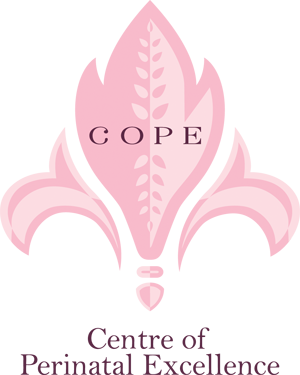
Center of Perinatal Excellence

MATERNA Salud Mental Perinatal

Maternal Mental Health Awareness Alliance
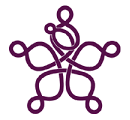
Maternal Mental Health Alliance (MMHA)
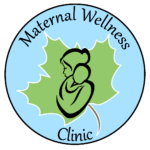
Maternal Wellness Clinic
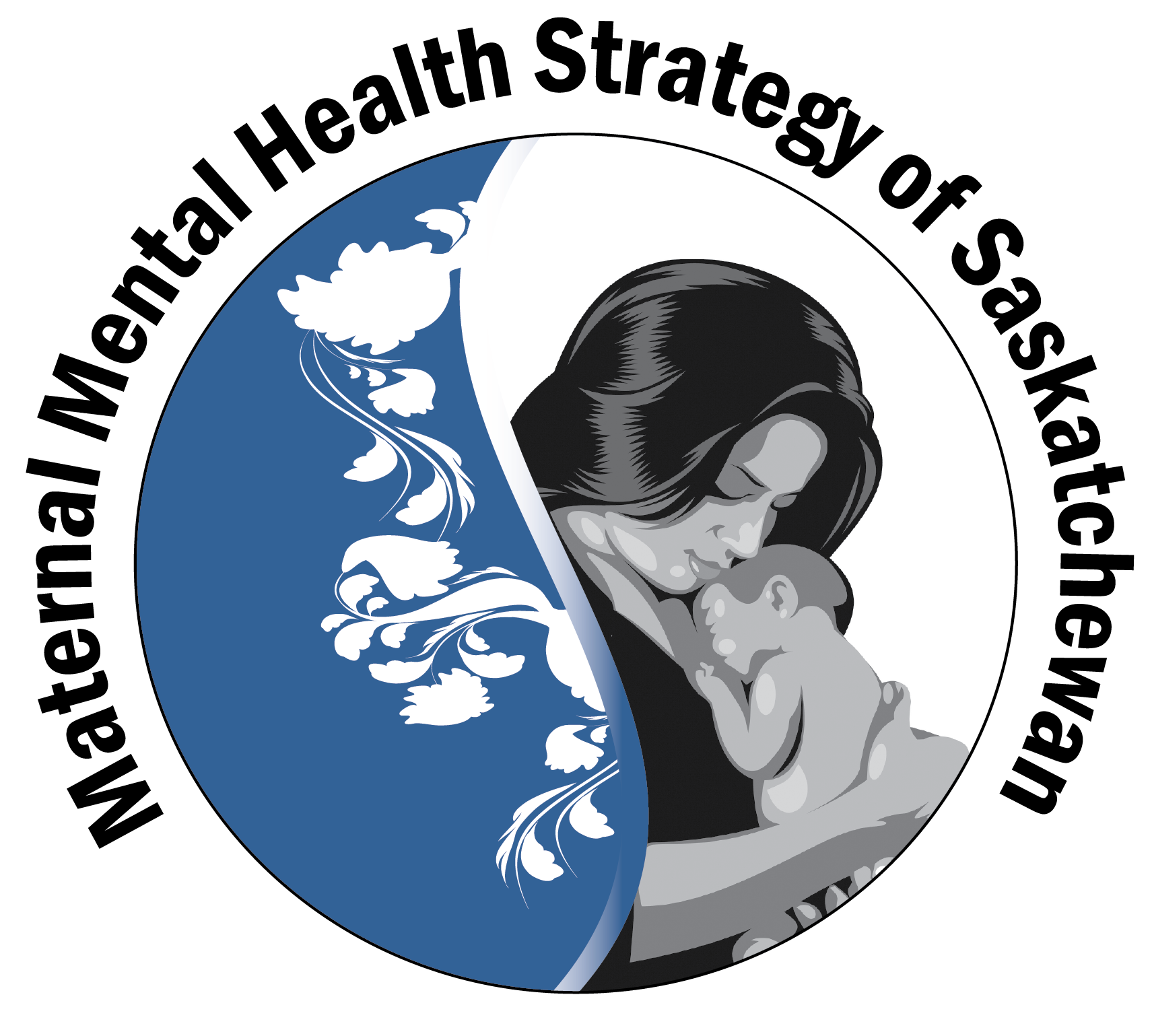
MotherFirst: Maternal Mental Health Strategy
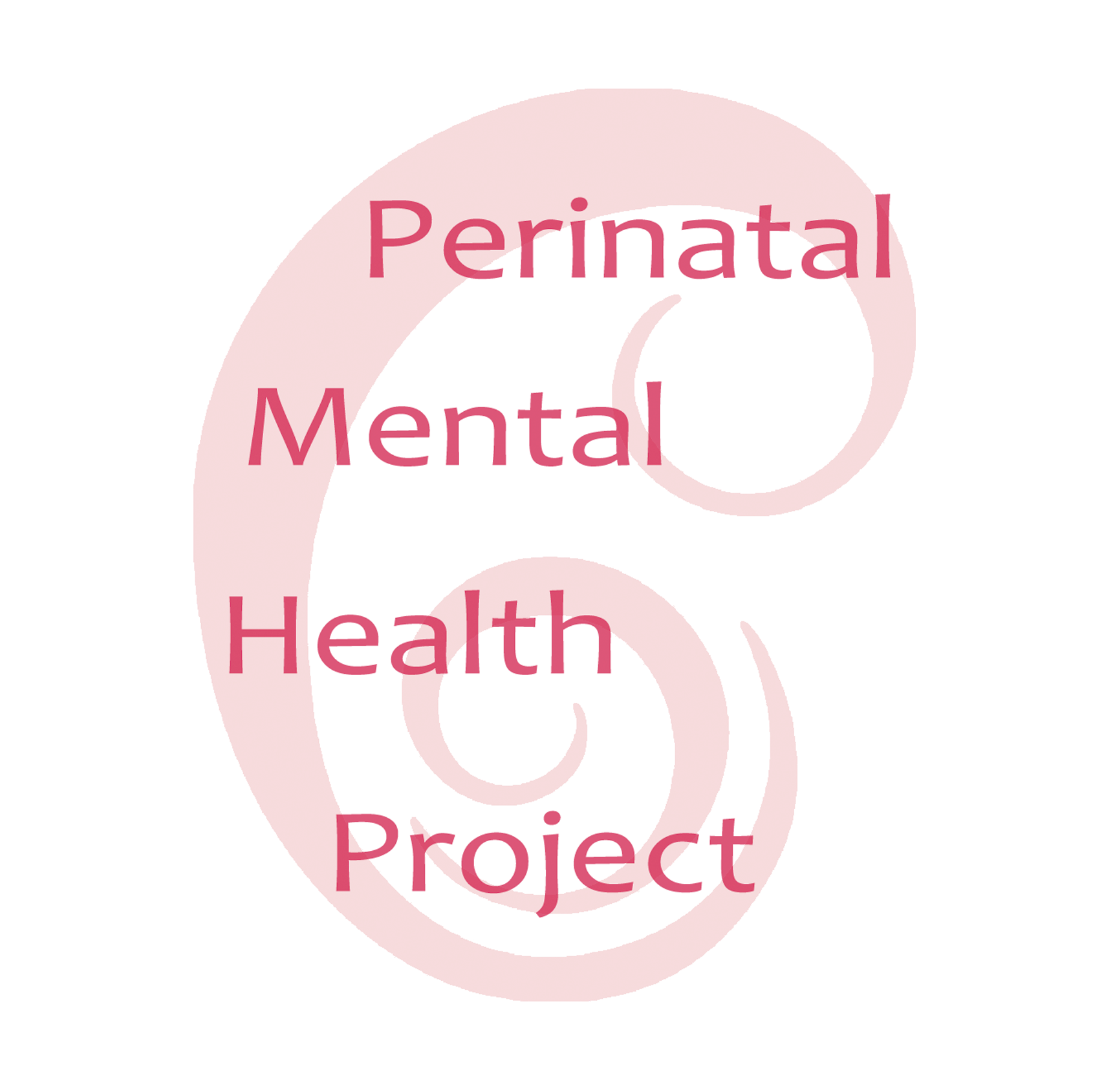
Perinatal Mental Health Project
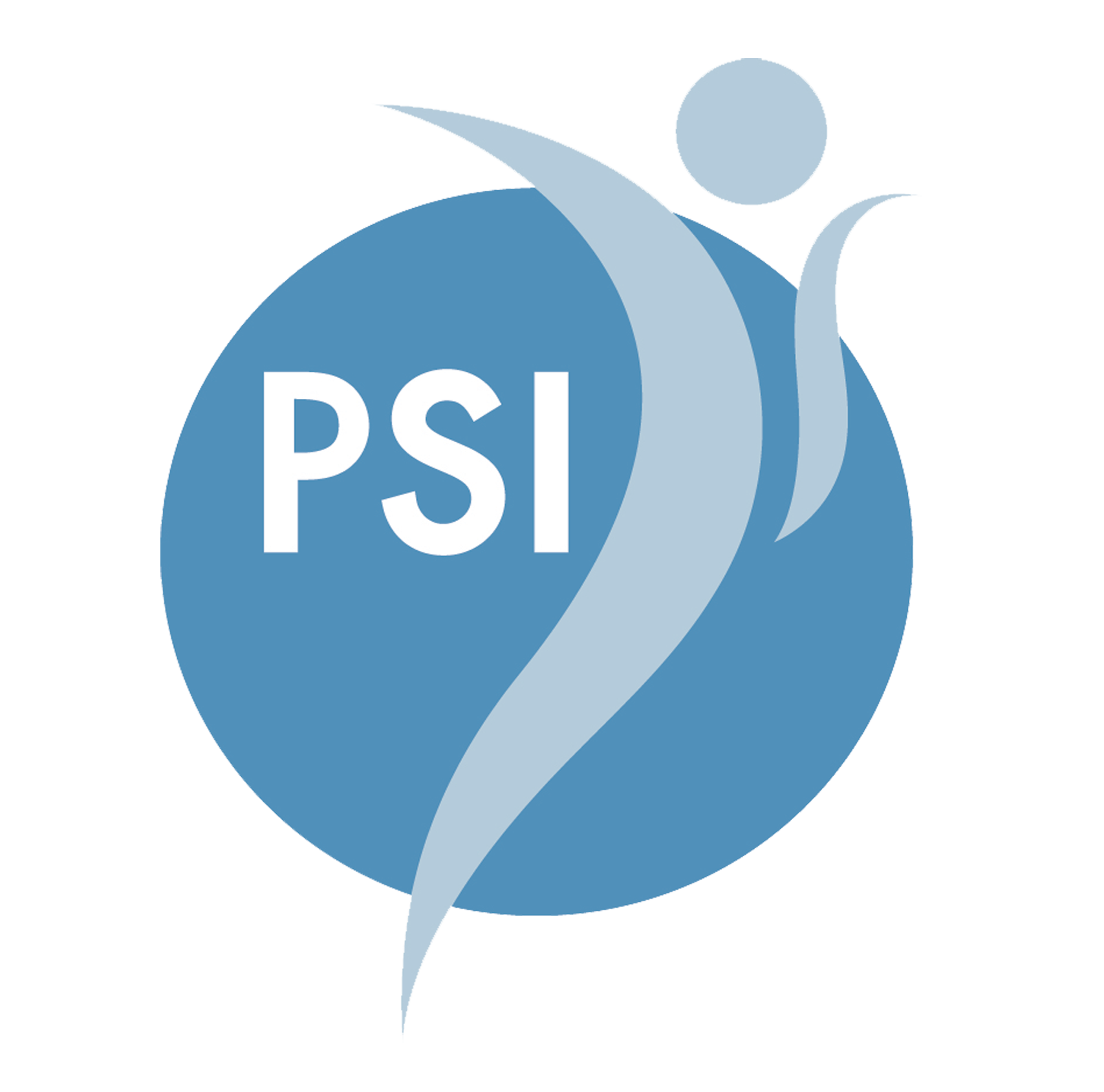
Postpartum Support International
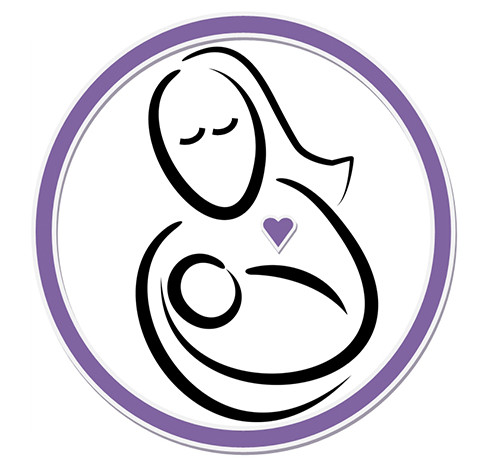
Postpartum Support Network
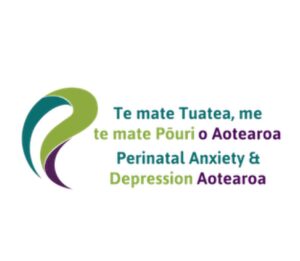
Perinatal Anxiety & Depression Aotearoa (PADA)
- Facebook account of Perinatal Anxiety & Depression Aotearoa (PADA)
- Twitter account of Perinatal Anxiety & Depression Aotearoa (PADA)
- Behance account of Perinatal Anxiety & Depression Aotearoa (PADA)
- Dribble account of Perinatal Anxiety & Depression Aotearoa (PADA)
- Linkedin account of Perinatal Anxiety & Depression Aotearoa (PADA)

Reproductive Mental Health Programme

Sociedad Marcé Espanola (MARES)

German Speaking Marcé Society

The International Marce Society


